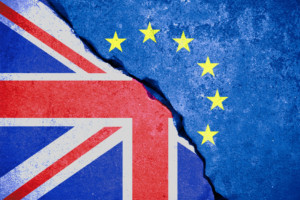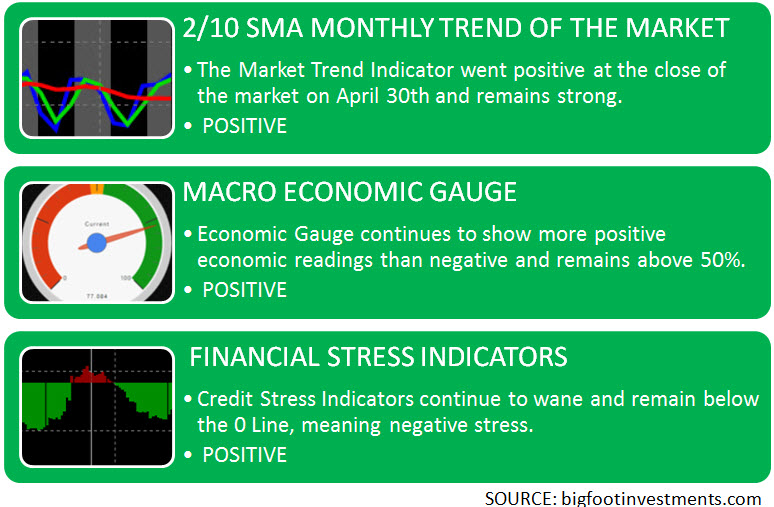
OverRidge Wealth Advisors
6300 Ridglea Place, Suite 1020
Forth Worth, TX 76116
817.738.1451
Stock Indices:
| Dow Jones | 42,270 |
| S&P 500 | 5,911 |
| Nasdaq | 19,113 |
Bond Sector Yields:
| 2 Yr Treasury | 3.89% |
| 10 Yr Treasury | 4.41% |
| 10 Yr Municipal | 3.31% |
| High Yield | 7.26% |
YTD Market Returns:
| Dow Jones | -0.64% |
| S&P 500 | 0.51% |
| Nasdaq | -1.02% |
| MSCI-EAFE | 17.30% |
| MSCI-Europe | 21.20% |
| MSCI-Pacific | 10.50% |
| MSCI-Emg Mkt | 8.90% |
| US Agg Bond | 2.45% |
| US Corp Bond | 2.26% |
| US Gov’t Bond | 2.44% |
Commodity Prices:
| Gold | 3,313 |
| Silver | 33.07 |
| Oil (WTI) | 60.79 |
Currencies:
| Dollar / Euro | 1.13 |
| Dollar / Pound | 1.34 |
| Yen / Dollar | 144.85 |
| Canadian /Dollar | 0.72 |
Macro Overview
The British vote to exit the EU was essentially a validation that a disintegration process of the EU is possibly underway, causing destabilization for countries throughout the EU. Britain’s vote may lead to other similar referendums, particularly with the Netherlands and France where populist sentiment is growing.
The British pound fell to a 30-year low versus the U.S. dollar following the outcome of the referendum.
Conversely, the fall in value for the British pound can be beneficial for the country as Britain’s exports become cheaper worldwide and tourism increases as stronger foreign currencies come into the country.
The unraveling of Britain from the EU is not expected to be automatic or immediate and may take years for it to finalize. Britain would need to execute a divorce clause titled Article 50 of the EU agreement in order to move forward with the separation from the EU. Several member EU countries, including the IMF, are eager to have Britain expedite the exit in order to minimize uncertainty.
In the wake of the referendum’s outcome, international equity markets tumbled as uncertainty led the course. U.S. financial markets were incredibly resilient following the days after the British EU vote, with U.S. equity and bond prices all propelling to higher levels.
The Fed’s plan to further increase rates this year took a different course as the repercussions from Britain’s EU vote are expected to lead to slowing economic growth and a sustained low interest rate environment. Some Fed watchers even believe that the Fed may ramp up its stimulus efforts again with lowering rates should the EU and Europe’s economy falter.
Overshadowed by the Brexit news, the U.S. Census Bureau reported data that may help solidify the Fed’s wait to raise rates. Durable goods orders fell 2.2% in May, worse than anticipated. Such data is an indicator of whether inflationary pressures are present and if inconsistent expansion exists in the economy due to less capital spending.
In the midst of the Brexit turmoil, the Federal Reserve announced that 33 selected U.S. banks passed an imposed stress test to see how well they’d perform under severe circumstances, such as high unemployment, recession, and falling asset prices. The stress test revealed that the 33 banks tested had nearly twice the amount of required capital needed, up significantly from the last stress test conducted.
Sources: Eurostat, Bloomberg, Federal Reserve, U.S. Census Bureau


